How Caffeine Affects our Bodies

For a lot of people, tea and caffeine is almost a necessity in the workplace. In fact across the United Kingdom, 100 million cups of tea and 95 million cups of coffee are consumed every day. The main reason? Caffeine – a stimulant that keeps up feeling refreshed and focused. But what actually is Caffeine? How does it work, and what does it do to our body?
What is Caffeine?
Caffeine is a molecule that stimulates the brain and nervous system, which just means you’ll be more active. Caffeine is technically a drug, and your body can eventually build a tolerance to it; requiring you to have a higher dose to feel its effects.
Caffeine looks like another molecule, called “Adenosine,” which helps regulate sleep. When you first wake up after a healthy sleep, you’ll have low levels of it, and as the day goes by, it builds up. This Adenosine can bind to these things in your brain called ‘receptors’, slowing down neural pathways in your body, which is just a fancy way of saying it makes you feel sleepy. The more Adenosine you have, the sleepier you feel.
Since Caffeine and Adenosine looks the same due to their molecular structures being similar, they can stick to the same receptors that Adenosine can. However, where Adenosine tells your body “Hey you! I could do with a nap right about now!” Caffeine kind of just stays there and blocks the Adenosine from touching the receptors; essentially stopping your brain from finding out it needs sleep. This process is what makes you feel more awake – it doesn’t fill you with energy, it just fights off drowsiness.
Overtime, the Caffeine fades away, and the built-up Adenosine is free to bind to the receptors and induce sleep; hence the ‘crashing’ feeling you might feel after a long day of work.
Where to get Energy
Most of our bodies are carbohydrate-based diets fuelled by glucose, which just means we get our energy from sugars. These carbohydrates can be digested differently. For example, White Bread and Candy will break down quickly. The sugar is digested, giving you a rapid burst of energy, and then leaving just as fast; hence the ‘sugar rush’. But if you take an Apple for instance, its high carbohydrate content gets broken down into a sugar (called ‘glucose’). This takes longer to digest, meaning that it keeps you sustained throughout the day, rather than giving you a crash.
Should I swap out my Coffee for an Apple?
Honestly? Probably not. Although the best way to get energy is from healthy sleep and a balanced diet, we might not be able to do this. Teas and Coffees, if had in large amounts can be detrimental to one’s health, and it only really takes one cup a day to build a tolerance over time. Drinking hot beverages on an empty stomach usually reduces the time it takes for you to feel the effects, but it may cause unexpected side effects. The best thing to do in the office is supplement your consumption; have a quick apple just before you drink your coffee, which can slowly digest, releasing energy throughout the day.
Share this post
Related Posts
Fruit For The Office and Recycling
Fruit For Thought - Braeburn
Nutritional Insight - Minerals
Honeydew Melon Health Benefits and their History
Valentine's Day
The Real History of Bananas! Where did we get the term Banana republic?
Easter Opening Times
Bank Holiday Procedure - 2023
The Benefits of Early-Morning Deliveries
How fruit boosts productivity in the office
Our New Fruit Boxes | Fruit For The Office
How fruit helps in the heat
How to entice staff to eat fruit in the Workplace
The Fruitful Impact: How Fruits Reshaped History
What Do Fruit Delivery Companies Actually Do?
The Benefits Of Cucumbers | Everything you need to know!
Fruit For Thought - Pomegranate
How Pumpkins became associated with Halloween and their health Benefits for you
Bank Holiday Procedure and Planned Closures - 2024
Everything to know about Skimmed Milk
8 reasons to get milk to the office
5 Critical Benefits of Healthy Office Snack Box Deliveries
Bank Holiday Procedure and Planned Closures - 2025
City Harvest and Fruit For The Office Collaboration
Tags
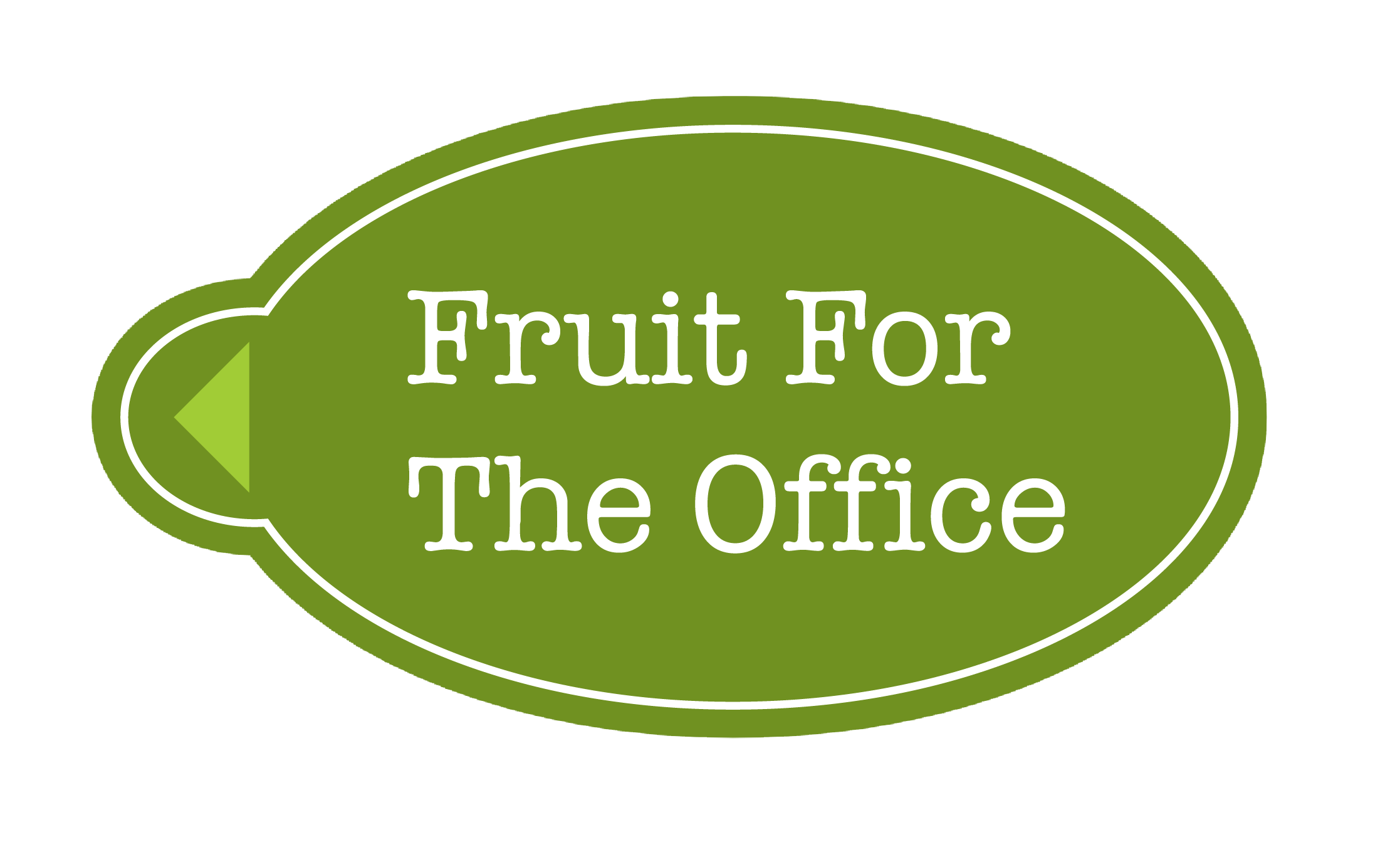

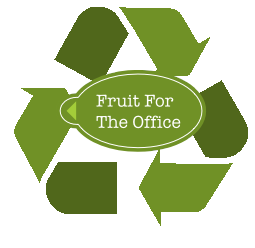
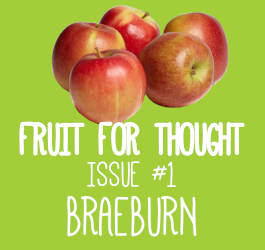
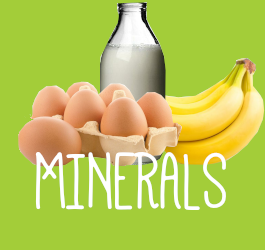




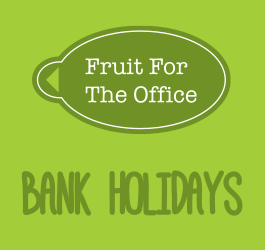





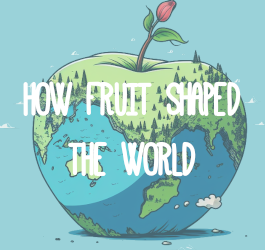
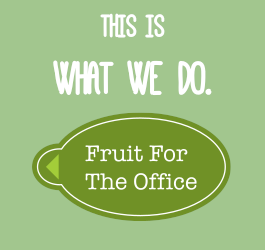
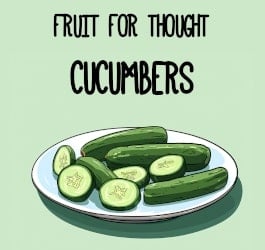


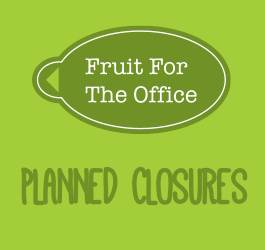

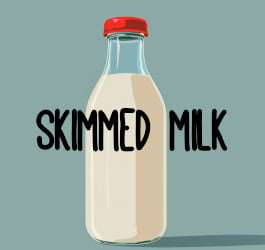
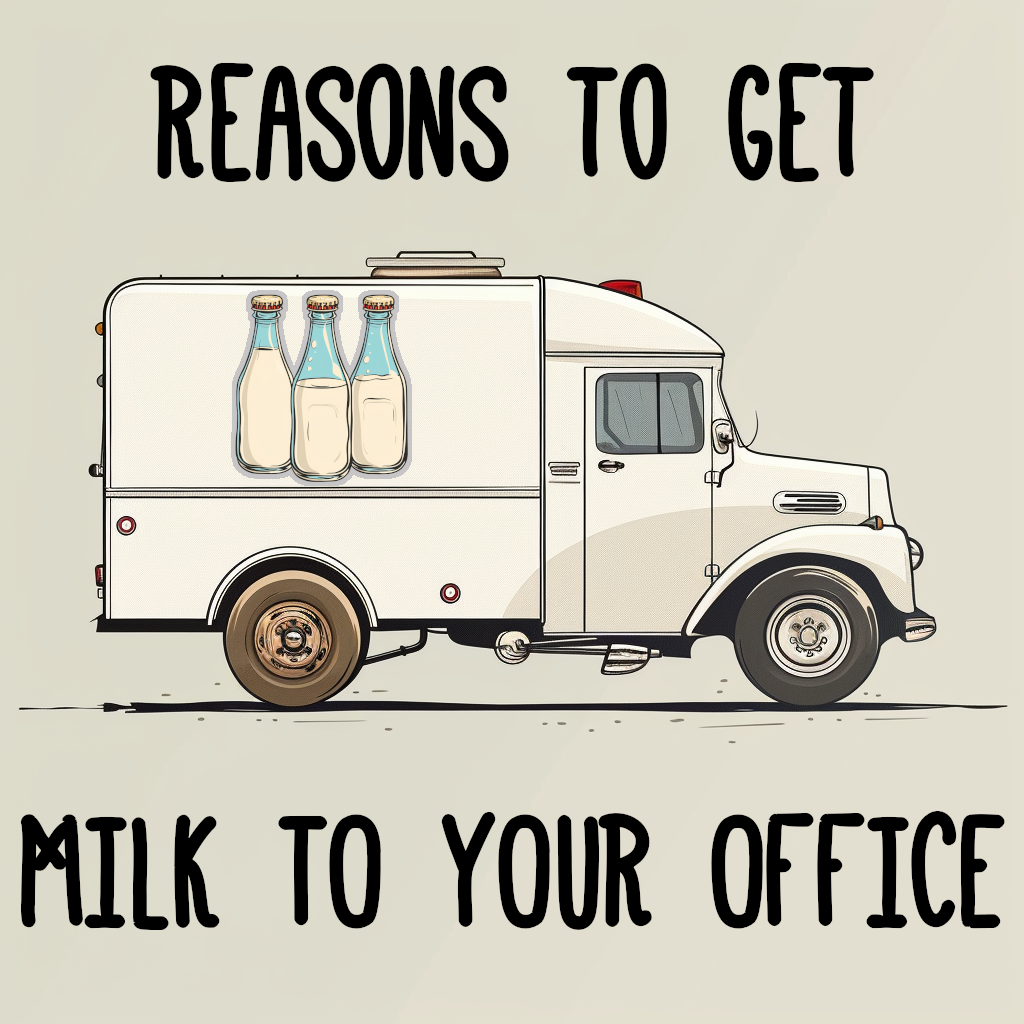
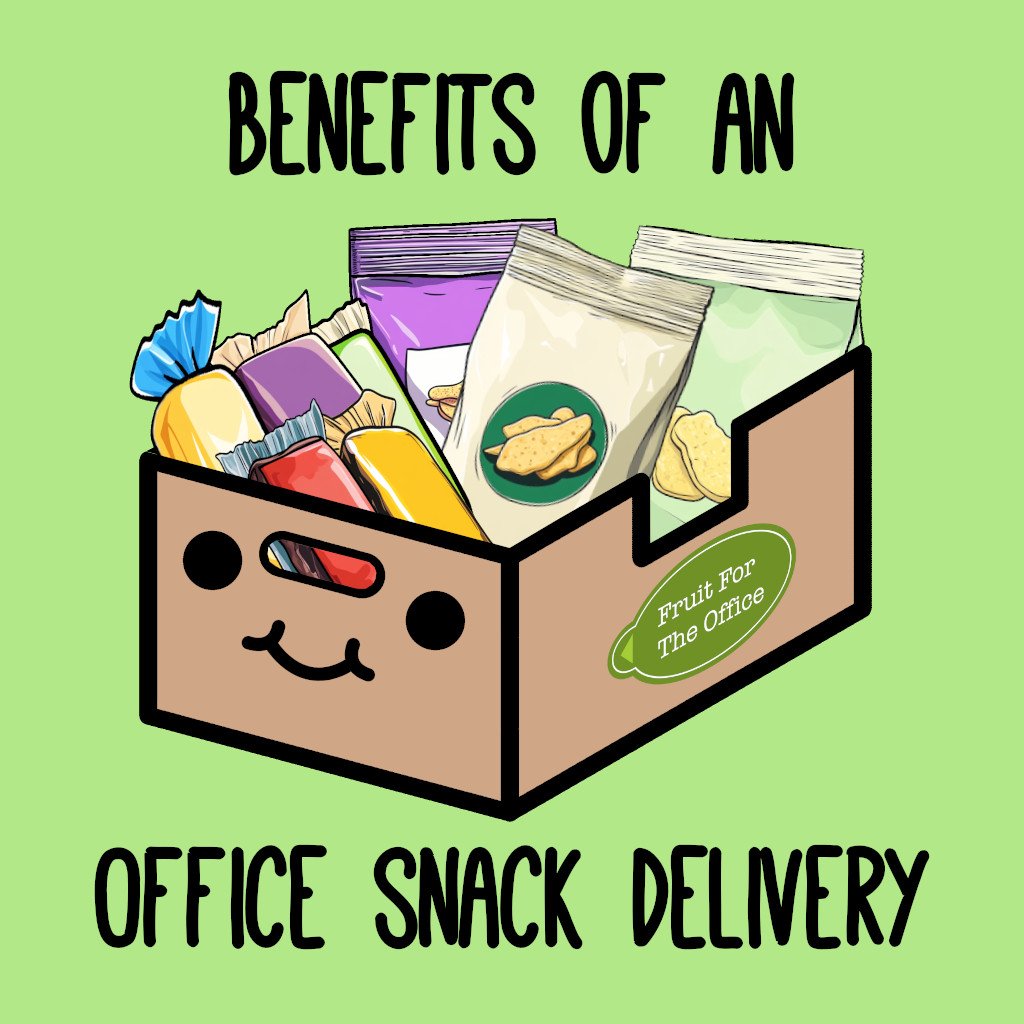
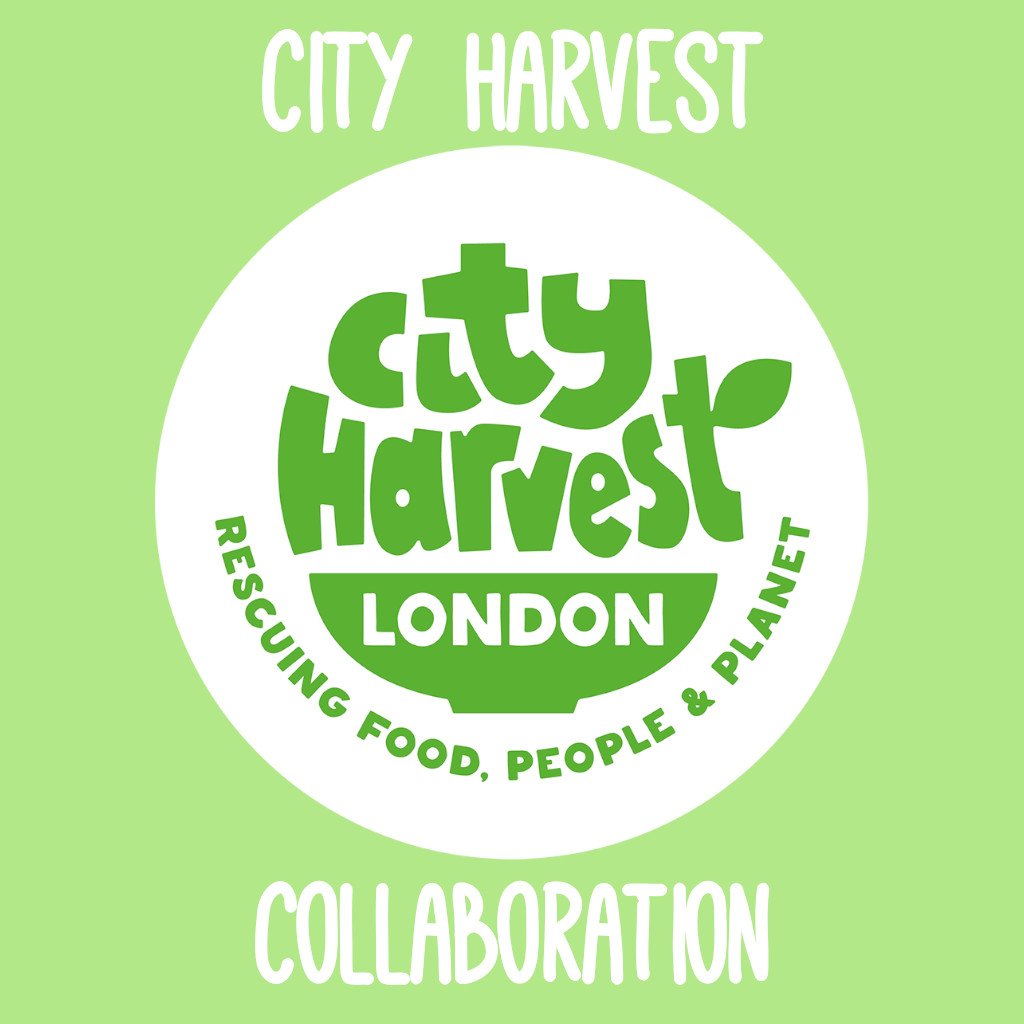
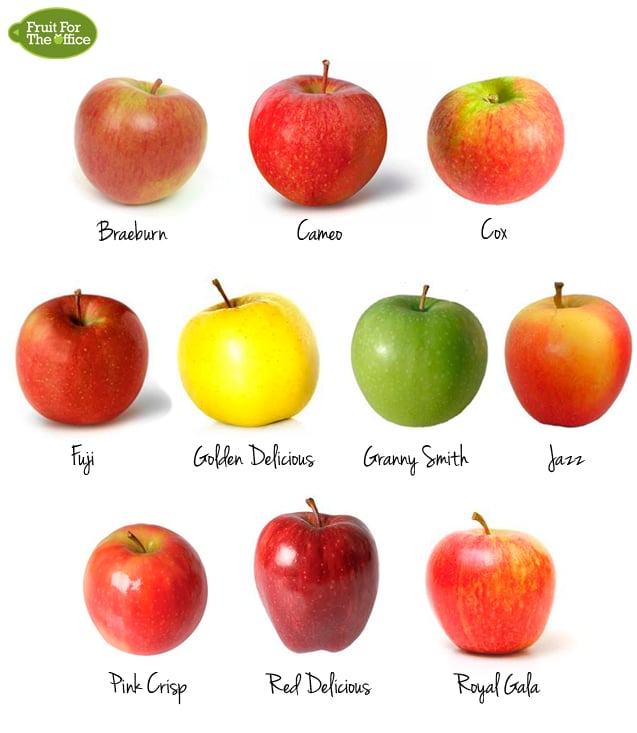
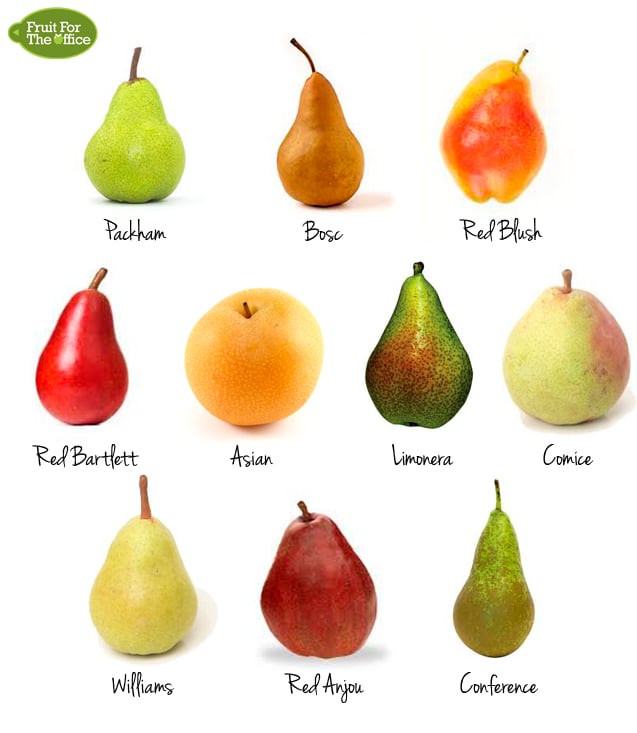





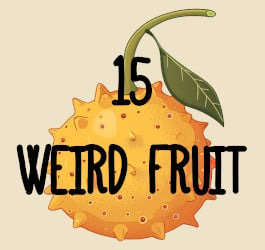
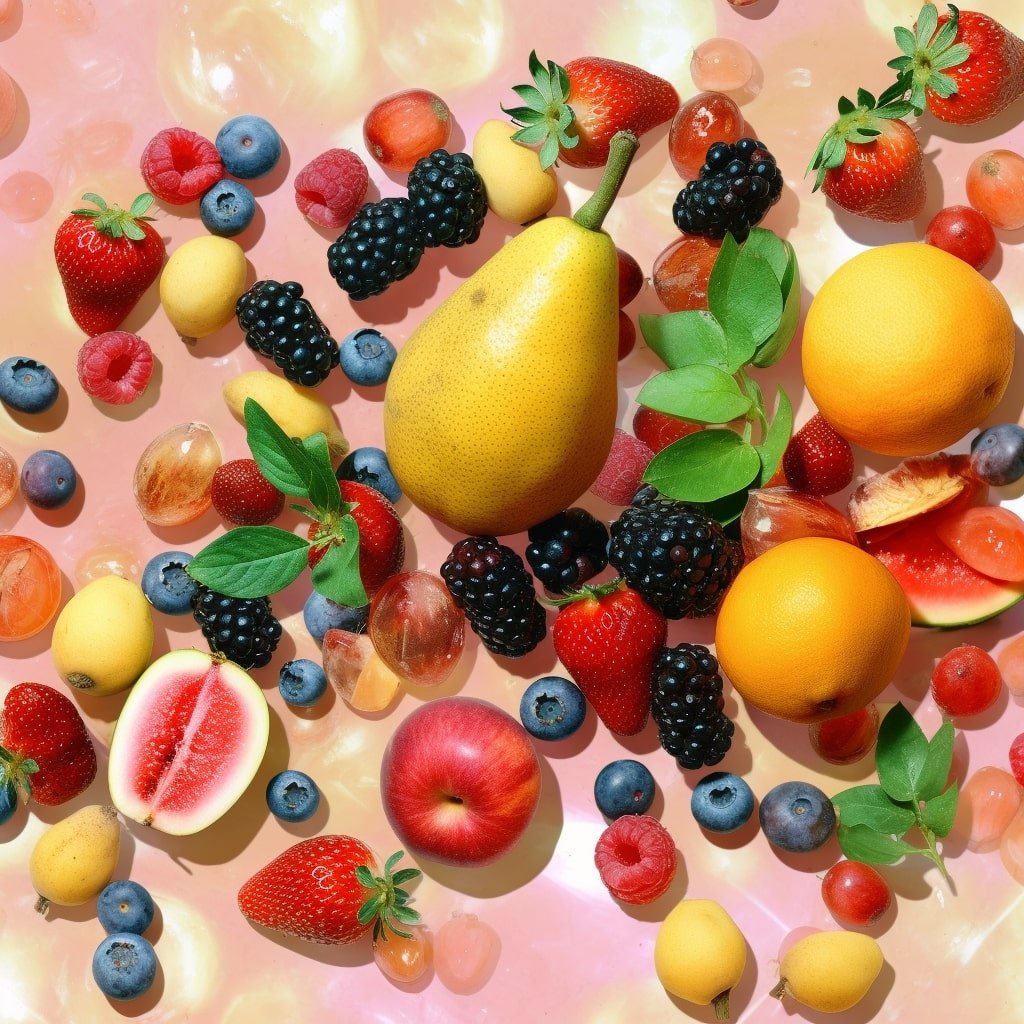
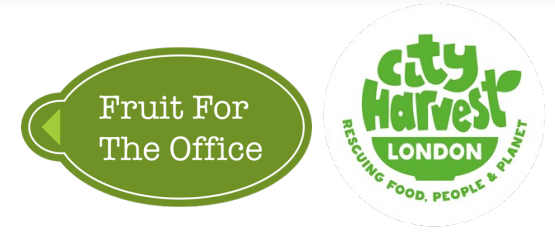
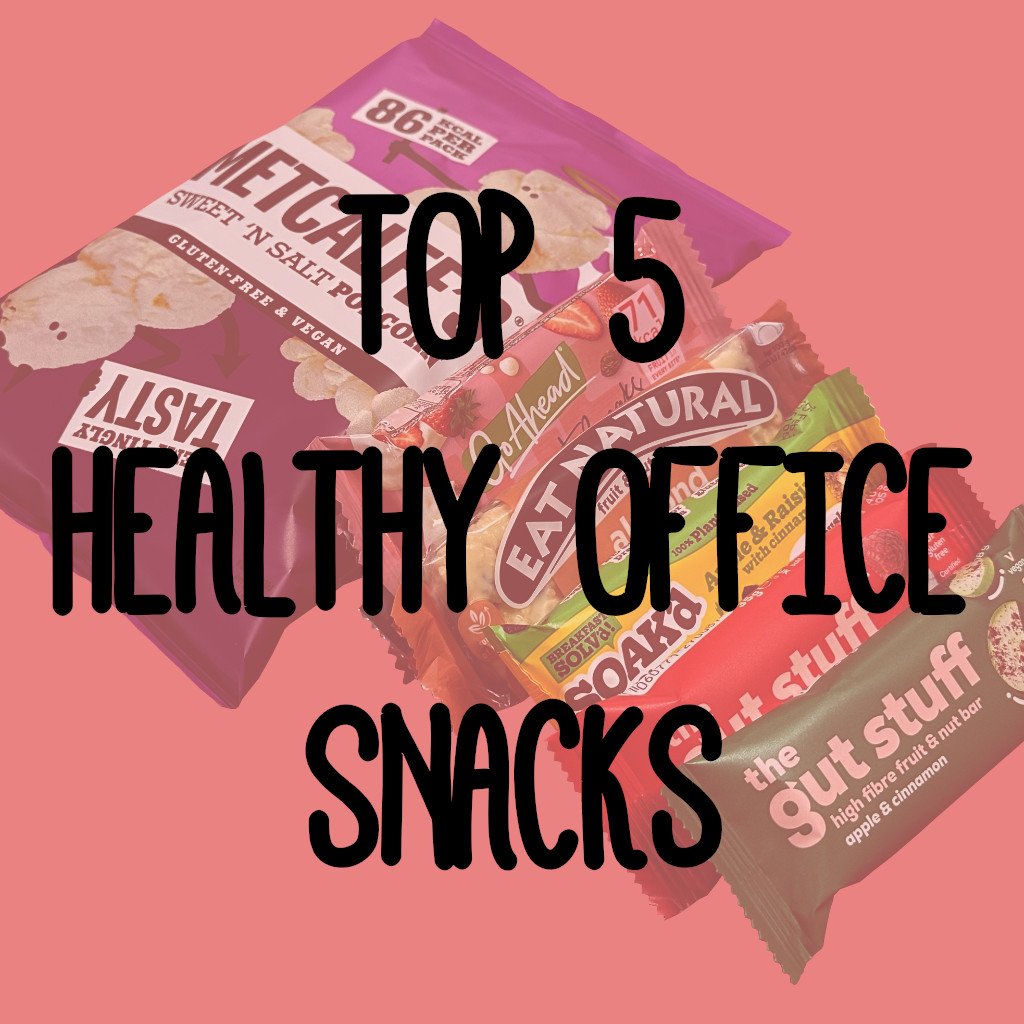

Comments